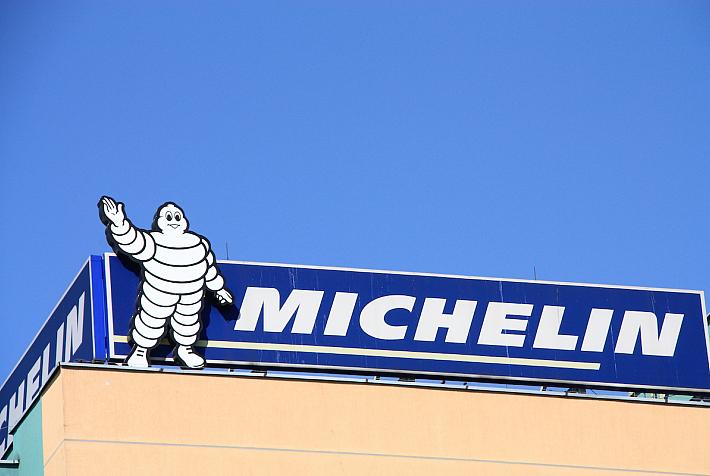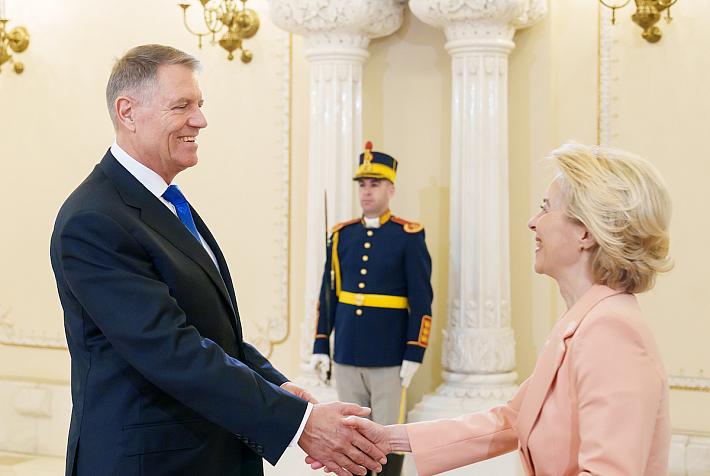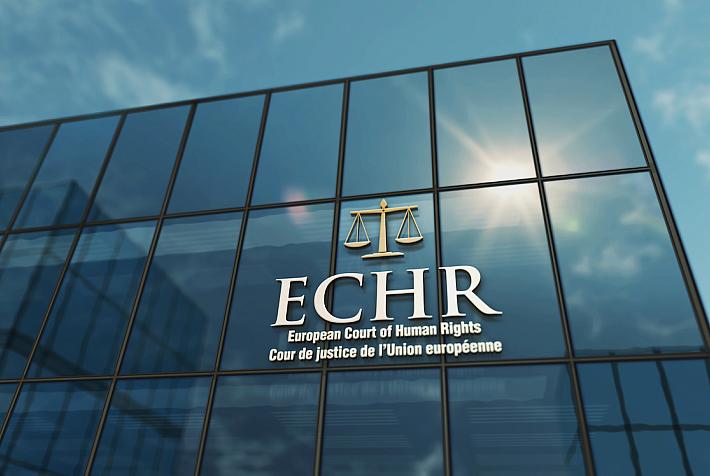State ups funeral payment in Romania + local funeral customs

Romania has recently upped the funeral payment citizens who contributed to the social insurance system are entitled to. The state added an extra RON 117 – or some EUR 26 – to the payment, which in 2015 will be of RON 2,415 – or some EUR 542. The funeral payment is equal to the gross average salary, which also increased at end – 2014.
This amount is paid by the state, via different institutions, depending on the status the deceased had. If the deceased person was employed, or a family member of an employee dies, the employer will make the funeral payment. In case a pensioner dies, the Pensions House makes the payment. In either case, the funeral payment can be made to the surviving spouse, child, parent, guardian, or any other person who can prove they covered the funeral costs. Payments are made within 24 hours of submitting the needed documents.
Unlike in other countries, everyone who contributed to the social insurance system, and not just low income citizens, are entitled to the state-backed funeral payment - which is always made after their death. In some countries, like the UK, such an amount will have to be repaid to the state if the person who made the funeral payments inherits anything from the deceased’s estate, if any.
In Romania, the funeral payment can cover most of the funeral costs, depending on the level of detail chosen. Orthodox funerals can involve many customs, depending on the region of the country. One of them is organizing a last alms for the deceased, which consists in a multi-course lunch called Pomana or Pomenire in Romanian- which includes the special dessert called coliva (in picture), (made only for funerals and the Pomana events), usually organized after the funeral. The event, during which a priest will bless the food, is usually attended by relatives and friends of the deceased.
Similar events are organized 40 days, then 6 months, and a year after the death. In rural areas, the Pomana is typically organized at home, and food is cooked by the family with the help of neighbors, so they only have to pay for the ingredients and sometimes for the lady cooks. In cities, such events are organized in restaurants, which create a typical menu for such kind of events. They tend to be costlier, and most often these costs are not covered by the funeral payment.
editor@romania-insider.com
(photo source: Wikipedia)















